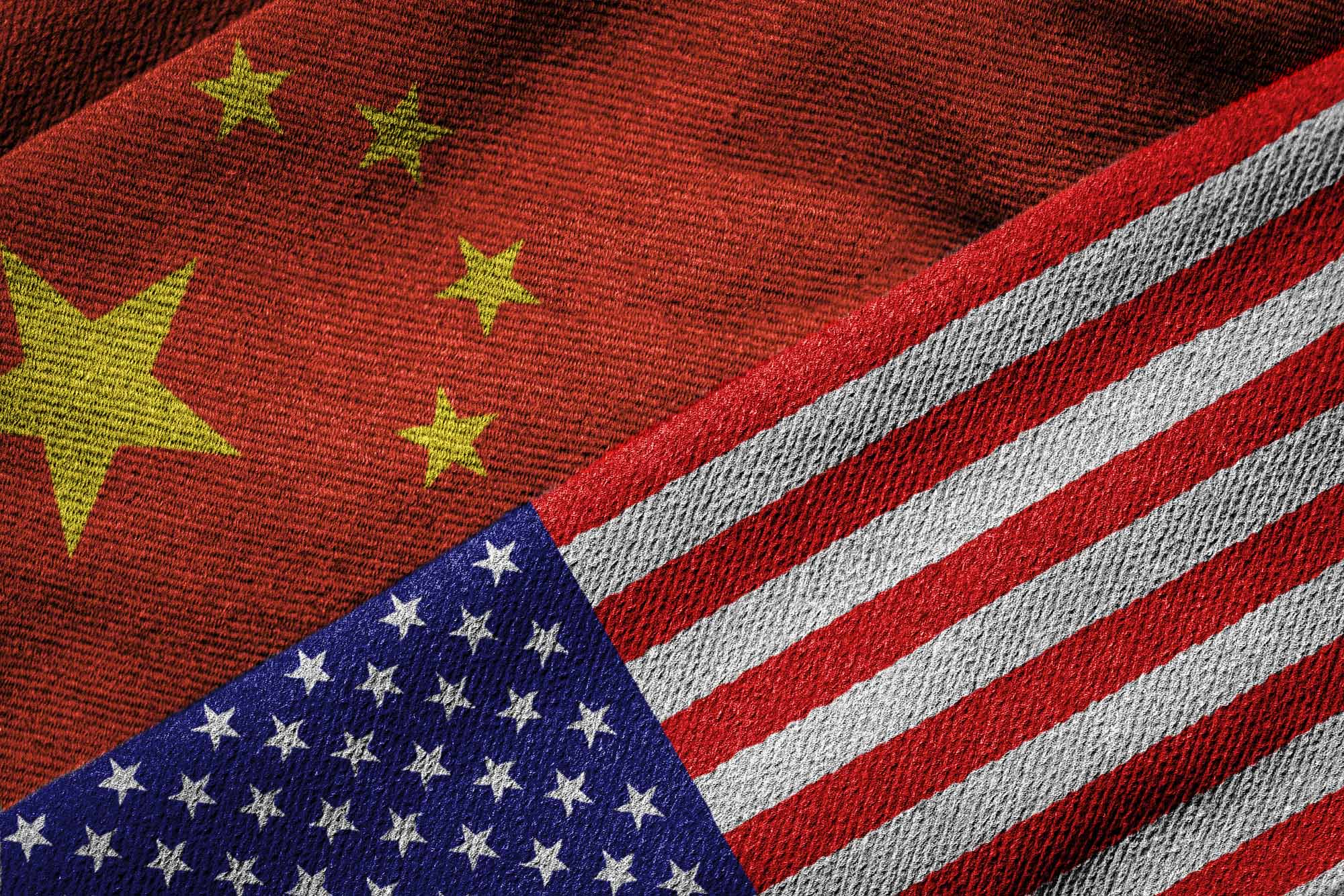Though she grew up more than 7,000 miles away, in Michigan, University of Virginia media studies associate professor Aynne Kokas was never far from Chinese influence.
Kokas has roots in the automobile hub of Detroit, where in the 1990s auto firms were moving their manufacturing to China and preparing for it to become the world’s largest auto market.
“I actually started studying Chinese in high school because there was so much interest,” Kokas said. “My public high school offered Chinese classes, which I took.”
Kokas on Friday will moderate speakers for the next event in the Democracy Dialogues series, titled “Is democracy essential to U.S.-China relations?” Presented by UVA’s Karsh Institute of Democracy and co-sponsored by the Miller Center of Public Affairs, the event is set to dig into topics such as technology, freedom of expression and territorial claims as they pertain to the two world powers.
Sparked by her experiences as an adolescent, Kokas has made a career out of researching Chinese culture. A faculty senior fellow at the Miller Center, she’s studied at the Beijing Film Academy and has been a participant in the Public Intellectuals Program of the National Committee on U.S.-China Relations. In 2017, she wrote the award-winning book, “Hollywood Made in China,” a study of the partnerships between Chinese and American producers to make feature films for global audiences. At UVA this semester, Kokas is teaching “Media in China: Technology, Policy and Commerce.”
UVA Today caught up with Kokas ahead of Friday’s event.

UVA media studies associate professor Aynne Kokas is an expert in U.S.-China relations. (Photo by Dan Addison, University Communications)
Q. Why is China so essential to the U.S?
A. China is essential to the U.S. in a lot of different ways. First, there’s the question of international security. The U.S. and China have overlapping security interests in places like Taiwan and the South China Sea, and as it relates to North Korea. Also, there’s the question of international influence or soft power. So places where the U.S. has historically held a lot of sway, like Latin America and southeast Asia, are increasingly seeing Chinese bids for influence through financial investment.
China’s the largest trade partner for the U.S. and U.S. companies are dependent on their access to the Chinese market, both to sell to Chinese people and to work through supply chain issues. Lockdowns in Tianjin and Xi’an and Nanjing and Beijing can influence the supply chain in the U.S.; these are places where we rely on manufacturing and trade partners to be able to get products.
The trade relationship presents a big difference from the historical relationship between the U.S. and the Soviet Union and the U.S. and China. In the case of China, we’re also major trade partners, which was never the case with the Soviet Union.
Finally, the third piece to why China is so essential to the U.S. is there’s a need for international cooperation between the two countries for bigger issues like climate change and international health.
Q. How would you assess the current relationship between U.S. and China?
A. From a trade standpoint, the question of supply chain security relative to China is a big issue for people experiencing historic inflation. That’s not entirely due to the supply chain issues related to China, but a lot is.
With respect to Taiwan, we’ve been seeing an increase in China’s “blue water” naval ships, in their engagement across the Taiwan Strait. This is an area of clear competition between China and the United States, and an area of, potentially, both near-term and long-term stability.










